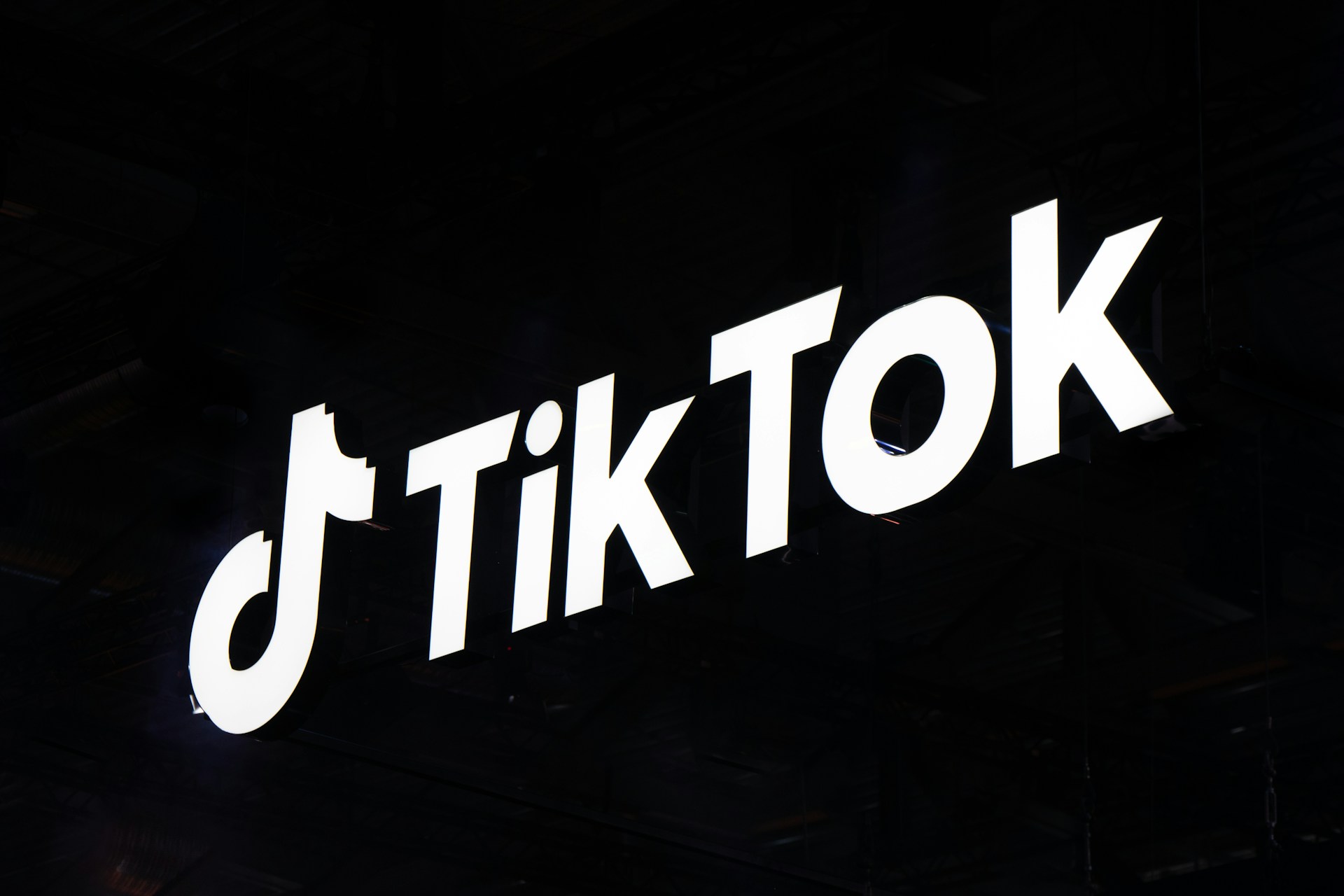SEO
SEO Myths Debunked: What You Really Need to Know
we’re going to debunk some of the most common SEO myths and provide clarity on what you really need to know in order to optimize your website effectively and improve your search rankings.
Nov 1, 2024
Search Engine Optimization (SEO) is an essential part of any digital marketing strategy, yet there is a lot of misinformation circulating about what SEO actually entails. With so many different sources of information, it can be difficult to separate fact from fiction.
In this article, we’re going to debunk some of the most common SEO myths and provide clarity on what you really need to know in order to optimize your website effectively and improve your search rankings.
Myth 1: SEO is All About Keywords
Fact: While keywords are a crucial element of SEO, focusing only on them will not guarantee success. Keywords are still important for signaling to search engines what your content is about, but they are only one piece of the puzzle. In fact, search engines like Google are becoming more sophisticated and prioritize content that is valuable, relevant, and user-friendly.
What you should know:
Keyword stuffing (overloading your content with keywords) can hurt your ranking.
Focus on creating high-quality, informative content that answers user intent.
Use keywords naturally within the context of the content.
Google’s algorithm now rewards websites that prioritize user experience, relevance, and quality over sheer keyword frequency.
Myth 2: More Backlinks Always Mean Better Rankings
Fact: The quality of backlinks is far more important than the quantity. While backlinks (links from other websites pointing to yours) are a strong ranking signal, Google looks for high-quality, authoritative links rather than just a large number of links.
What you should know:
Focus on obtaining backlinks from reputable and relevant websites in your industry.
Backlinks from low-quality or spammy sites can actually harm your ranking.
A few high-quality backlinks will often have a bigger impact than hundreds of low-quality ones.
The key is to focus on the authority and relevance of the linking sites. High-quality backlinks help Google determine that your content is trustworthy and authoritative.
Myth 3: SEO Results are Instant
Fact: SEO is a long-term strategy, not a quick fix. It can take months to see significant results from your efforts, depending on the competitiveness of your industry, the quality of your content, and the authority of your website.
What you should know:
SEO requires patience. Building authority and trust with search engines takes time.
While you may see some quick wins with minor tweaks, long-term results require consistent effort and strategy.
Continuous monitoring and optimization are needed to maintain and improve rankings.
Rather than expecting overnight success, approach SEO as an ongoing effort with measurable improvements over time.
Myth 4: SEO is Only About Google Rankings
Fact: While Google dominates the search engine market, SEO isn’t just about ranking high on Google. Other search engines, such as Bing and Yahoo, also play a role, and optimizing your website for them can lead to more traffic and greater visibility. Additionally, SEO is relevant for platforms like YouTube and social media networks, where search functionality can help users discover your content.
What you should know:
Optimize for all search engines, not just Google.
Consider optimizing for non-traditional search platforms like YouTube (for video SEO), Amazon (for eCommerce SEO), or even local search.
Search optimization also extends to on-site search and improving user experience.
The principles of SEO are the same, whether you're ranking on Google, Bing, or another platform—focus on quality content, relevance, and user experience.
Myth 5: SEO Can Be Completely Automated
Fact: While there are many SEO tools that can assist in automating aspects of SEO (such as keyword research, backlink monitoring, and technical audits), SEO itself requires a human touch. Understanding your audience’s intent, creating content that resonates, and continually optimizing based on data is something that can’t be fully automated.
What you should know:
SEO tools are helpful, but they should complement your strategy, not replace it.
Manual intervention is essential for creating high-quality content and making strategic decisions.
Automation can handle tasks like technical SEO audits and reporting, but the strategy and creativity must come from humans.
SEO tools should make your work easier, but they are not a substitute for human expertise and strategic thinking.
Myth 6: Once You Optimize, You’re Done
Fact: SEO is an ongoing process. The digital landscape, search engine algorithms, and user behavior are constantly evolving. What works today may not work tomorrow, so continuous optimization is key to staying competitive.
What you should know:
Regularly update your content to keep it fresh, relevant, and up-to-date.
SEO strategies evolve with changing algorithms, user preferences, and technological advancements.
Periodically check and refine your on-page SEO, backlinks, and content strategy.
Think of SEO as a marathon, not a sprint. Long-term success requires sustained effort and adaptation to new trends and search engine updates.
Myth 7: Mobile Optimization Isn’t That Important for SEO
Fact: Mobile optimization is crucial for SEO. In fact, Google uses mobile-first indexing, which means it primarily uses the mobile version of your site for ranking purposes. With more and more users browsing on mobile devices, it’s essential that your website performs well on smartphones and tablets.
What you should know:
Ensure your website is mobile-friendly with fast load times, responsive design, and easy navigation.
Mobile user experience is a ranking factor, and poor mobile performance can significantly hurt your SEO.
Google’s algorithm places a strong emphasis on mobile optimization.
A mobile-friendly website isn’t just important for users—it’s a critical factor for search rankings.
Myth 8: SEO is Just About Content
Fact: While content is incredibly important, SEO encompasses more than just writing articles. Technical SEO, link-building, site architecture, and user experience are also essential elements of a comprehensive SEO strategy.
What you should know:
Technical SEO (such as site speed, URL structure, and crawlability) plays a huge role in rankings.
Link-building strategies help boost your website’s authority.
User experience (UX) factors like intuitive navigation and mobile responsiveness are crucial for improving rankings.
Content is king, but SEO involves a holistic approach that includes technical, on-page, and off-page factors.
Myth 9: SEO is All About Ranking #1
Fact: Ranking #1 on Google doesn’t always guarantee success. While it's important to aim for high rankings, the quality of traffic and the relevance of that traffic to your business matters more than the number of clicks you receive. It’s also essential to consider conversion rates—driving traffic to your website is only half the battle.
What you should know:
Aim for relevance and quality over sheer rankings.
Focus on attracting qualified leads who are more likely to convert.
Aim for rich snippets, featured snippets, and other ways to stand out in search results.
SEO should be about delivering value to your target audience, not just securing the #1 position.
Conclusion
SEO is a complex and evolving field, and separating myth from reality is key to creating an effective strategy. Understanding that SEO goes beyond keywords and backlinks and involves a combination of content creation, technical optimization, user experience, and continuous improvement will set you on the path to success.
At Brandify, we specialize in creating comprehensive SEO strategies tailored to your business’s goals. Want to improve your website’s search rankings? Contact us today to get started on a winning SEO strategy!






